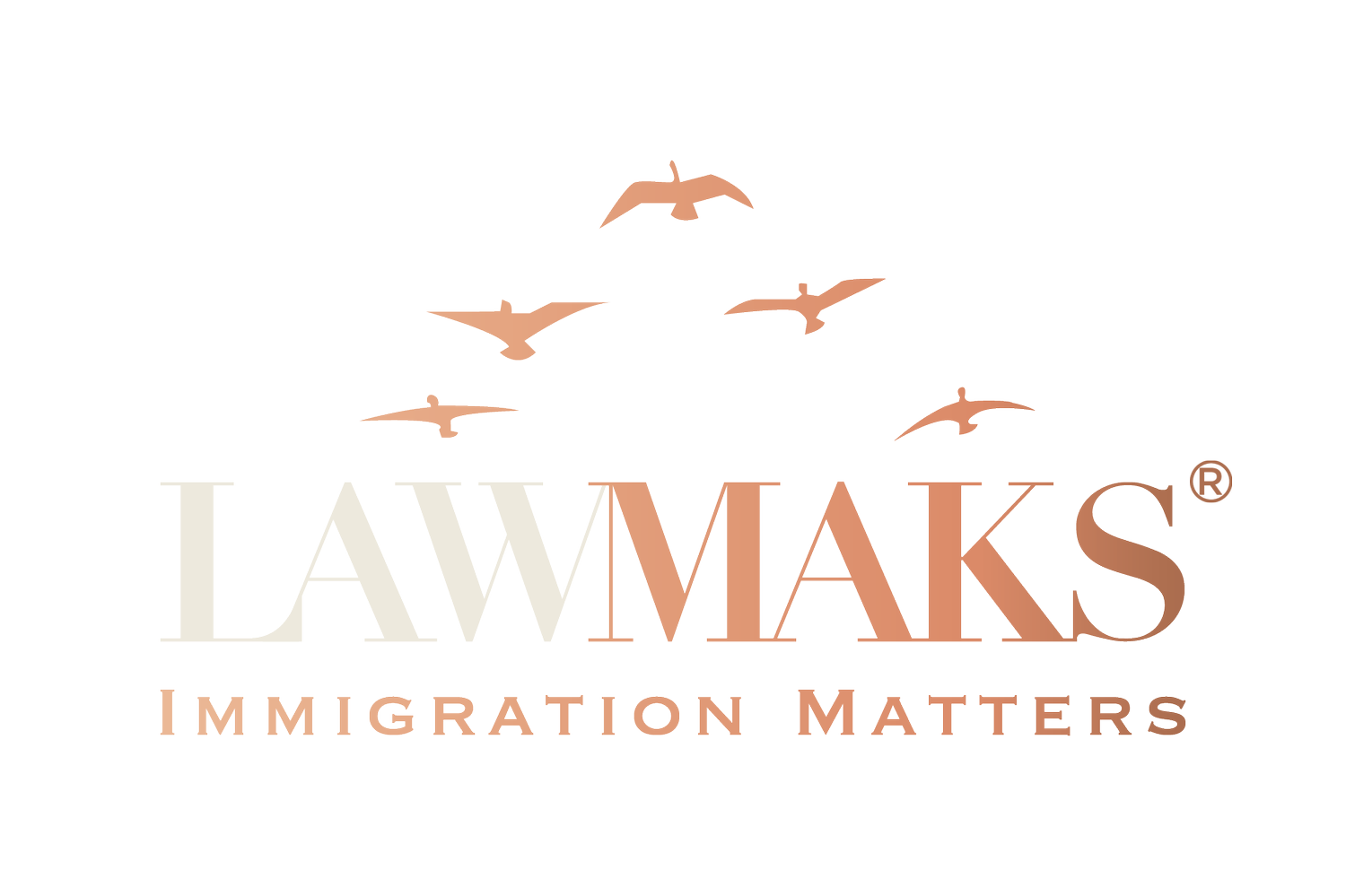L-1 Visa: Key to International Business Expansion and Talent Transfer
What is an L-1 Visa?
The L-1 visa is a powerful tool for multinational companies looking to transfer key employees to their U.S. operations. This nonimmigrant visa category facilitates the movement of managers, executives, and individuals with specialized knowledge between a company's international offices. For companies with global reach, the L-1 visa provides a straightforward means of leveraging talent and expertise across borders. It also plays a crucial role in supporting U.S. businesses that rely on specialized skills or leadership from their overseas operations, helping to enhance international collaboration and competitiveness.
Unique Aspects of the L-1 Visa
One of the unique aspects of the L-1 visa is that it caters to both well-established companies and foreign businesses that wish to set up new offices in the United States. For foreign businesses eyeing U.S. expansion, the L-1 visa enables executives and managers to enter the U.S. to establish new operations, paving the way for further growth. This visa not only fosters cross-border partnerships but also promotes business development by allowing foreign firms to take a more active role in the U.S. market.
L-1 Visa Qualification Criteria
To qualify for an L-1 visa, several key criteria must be met. First, the U.S. employer must have a qualifying relationship with the foreign entity, which can be a parent, branch, subsidiary, or affiliate. Additionally, the employee must have worked for the foreign entity for at least one continuous year within the last three years in a managerial, executive, or specialized knowledge role. Upon entering the U.S., the employee must continue to serve in a similar capacity. This ensures that businesses can seamlessly transfer crucial personnel to maintain leadership continuity, implement specialized knowledge, and drive operational success.
L-1A and L-1B Visa Subcategories
The L-1 visa offers two distinct subcategories: the L-1A for managers and executives and the L-1B for individuals with specialized knowledge. Each serves different business needs. The L-1A visa is particularly beneficial for those holding leadership roles, as it allows for an initial stay of up to one year for those setting up new offices, or up to three years for those transferring to existing offices, with the possibility of extensions for up to seven years. On the other hand, the L-1B visa, designated for employees with specialized knowledge, is valid for up to five years, making it ideal for transferring individuals with unique skills critical to the company's success.
L-1 Visa Benefits for Families
In addition to supporting business transfers and expansions, the L-1 visa also offers flexibility for family members. Spouses and unmarried children under 21 of L-1 visa holders are eligible for L-2 visas, allowing them to accompany the primary visa holder to the U.S. L-2 visa holders can also apply for work authorization, which enhances the attractiveness of the L-1 visa for international families considering relocation.
The L-1 Visa: A Gateway to Global Business Success
For companies aiming to expand their international footprint or bring critical expertise into the U.S., the L-1 visa is indispensable. Its versatility, combined with the ability to transition from L-1 status to permanent residency through the EB-1C category for executives and managers, makes it a compelling option for both businesses and their key employees. Whether you're a multinational corporation managing operations across borders or a growing business seeking to establish a U.S. presence, the L-1 visa can be the gateway to your next stage of development, bringing talent and opportunity together in the global marketplace.

